13 Mar 2025, 5:30 pm-7:00 pm
Dodson Room, Irving K. Barber Learning Centre
Critical Image Forum: Lecture with Svitlana Matviyenko
-
Svitlana Matviyenko
Svitlana Matviyenko is an Associate Professor of Critical Media Analysis in the School of Communication and Associate Director of the Digital Democracies Institute. Matviyenko’s current work on nuclear cultures & heritage investigates the practices of nuclear terror, weaponization of pollution and technogenic catastrophes during the Russian war in Ukraine. Matviyenko is a co-author of Cyberwar and Revolution: Digital Subterfuge in Global Capitalism (Minnesota UP, 2019), a winner of the 2019 book award of the Science Technology and Art in International Relations (STAIR) section of the International Studies Association and of the Canadian Communication Association 2020 Gertrude J. Robinson book prize.
Read More
-
Ilinca Iurascu
-
M. V. Ramana
Join us for a lecture with Svitlana Matviyenko with respondents Ilinca Iurascu and M. V. Ramana on Thursday, March 13th for DeepStateMap: Mapping the Synthetic Battlefield of Ukraine, in the Dosdon Room at the Irving K. Barber Learning Centre.
Maps of the war in Ukraine are readily accessible, yet they are not typically considered synthetic images of pure computer-generated simulations and visualizations. DeepStateMap, especially, is often regarded as “the most accurate map” of the war in Ukraine. Despite being based on real-world geographic data, satellite imagery, and intelligence reports, it still relies heavily on human analysts and data collectors. In other words, DeepStateMap constitutes a particular type of operational image that is indeed synthetic but in the most general sense: it is written by a complex assemblage of human-machine collaboration. By looking at its synthetic nature and grass-roots origin, as well as its cognitive use for understanding the evolving situation on the ground, (territorial control, troop movements, and the key strategic locations in the present,) this talk will address DeepStateMap as a speculative tool for envisioning and modelling probable accidents and developments in the future. It will also engage with the concept of DeepStateMap as a tool for negotiation between several radically different groups of viewers – not only Ukrainian forces and civilians, but also the Russian aggressor.
This event is co-sponsored with the UBC Critical Image Forum Research Excellence Cluster, UBC Modern European Studies, UBC Bachelor of Media Studies, and the UBC Eurasia Research Cluster.
IMAGE (ABOVE): Svitlana Matviyenko. Courtesy of Olga Zakrevska
-
Svitlana Matviyenko
Svitlana Matviyenko is an Associate Professor of Critical Media Analysis in the School of Communication and Associate Director of the Digital Democracies Institute. Matviyenko’s current work on nuclear cultures & heritage investigates the practices of nuclear terror, weaponization of pollution and technogenic catastrophes during the Russian war in Ukraine. Matviyenko is a co-author of Cyberwar and Revolution: Digital Subterfuge in Global Capitalism (Minnesota UP, 2019), a winner of the 2019 book award of the Science Technology and Art in International Relations (STAIR) section of the International Studies Association and of the Canadian Communication Association 2020 Gertrude J. Robinson book prize.
Read More
-
Ilinca Iurascu
-
M. V. Ramana
Partners
Related
-
Research Project
2021 - Ongoing
Critical Image Forum: Research in Photography and Expanded Documentary
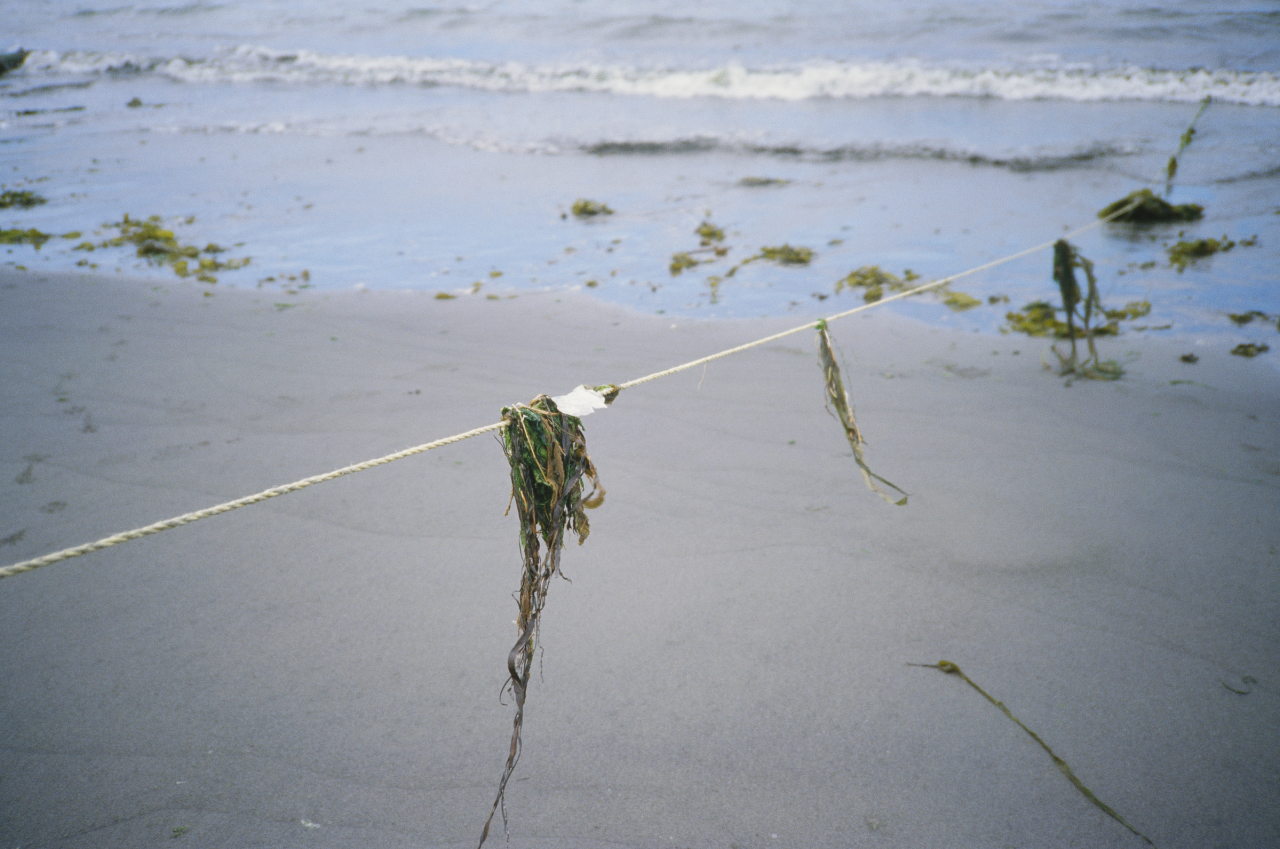
Critical Image Forum is a research project that focuses on the political, ethical, aesthetic and social dimensions of expanded documentary practices. The Forum's primary medium of research is photography, with an interest in how the proliferation of moving images, performance, sound and digital networks have challenged and complicated the veracity of the visual document.
[more] -
Event
Thursday, 5 Dec 2024 at 6:30 pm
Critical Image Forum: Lecture with Vanessa R. Schwartz

Join us on Thursday, 5 December 2024 for A By-Product of our Production with writer Vanessa R. Schwartz at the Polygon Gallery. This talk considers the history of Time-Life Books and the reconsideration of the history of the photobook. They offer a key avenue for the reconsideration of the history of the photobook, and a window into the history of photography’s use, storage, and re-use in the service of illustration.
[more] -
Event
Wednesday, 4 Oct 2023 at 5:30 pm
Critical Image Forum: Lecture with Shawn Michelle Smith
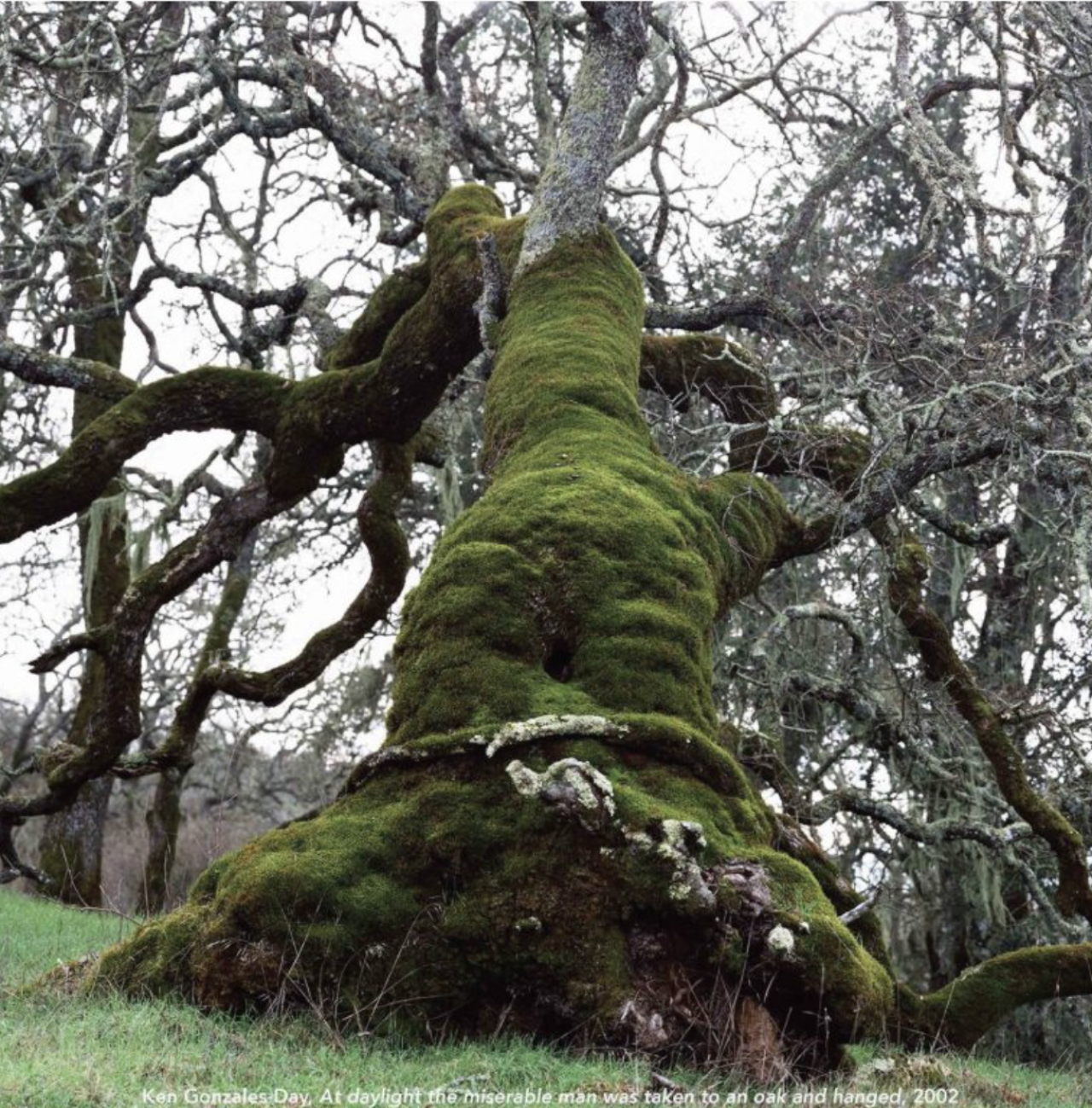
Join Shawn Michelle Smith for her talk Witness Trees: Ken Gonzales-Day re-surveys the US West, which proposes that Gonzales-Day's photographic series Searching for California Hang Trees brings into view the intertwined ecosystems of racialized human violence.
[more] -
Event
Wednesday, 22 Nov 2023 at 12:30 PM
Critical Image Forum: Lecture with Nancy Adajania
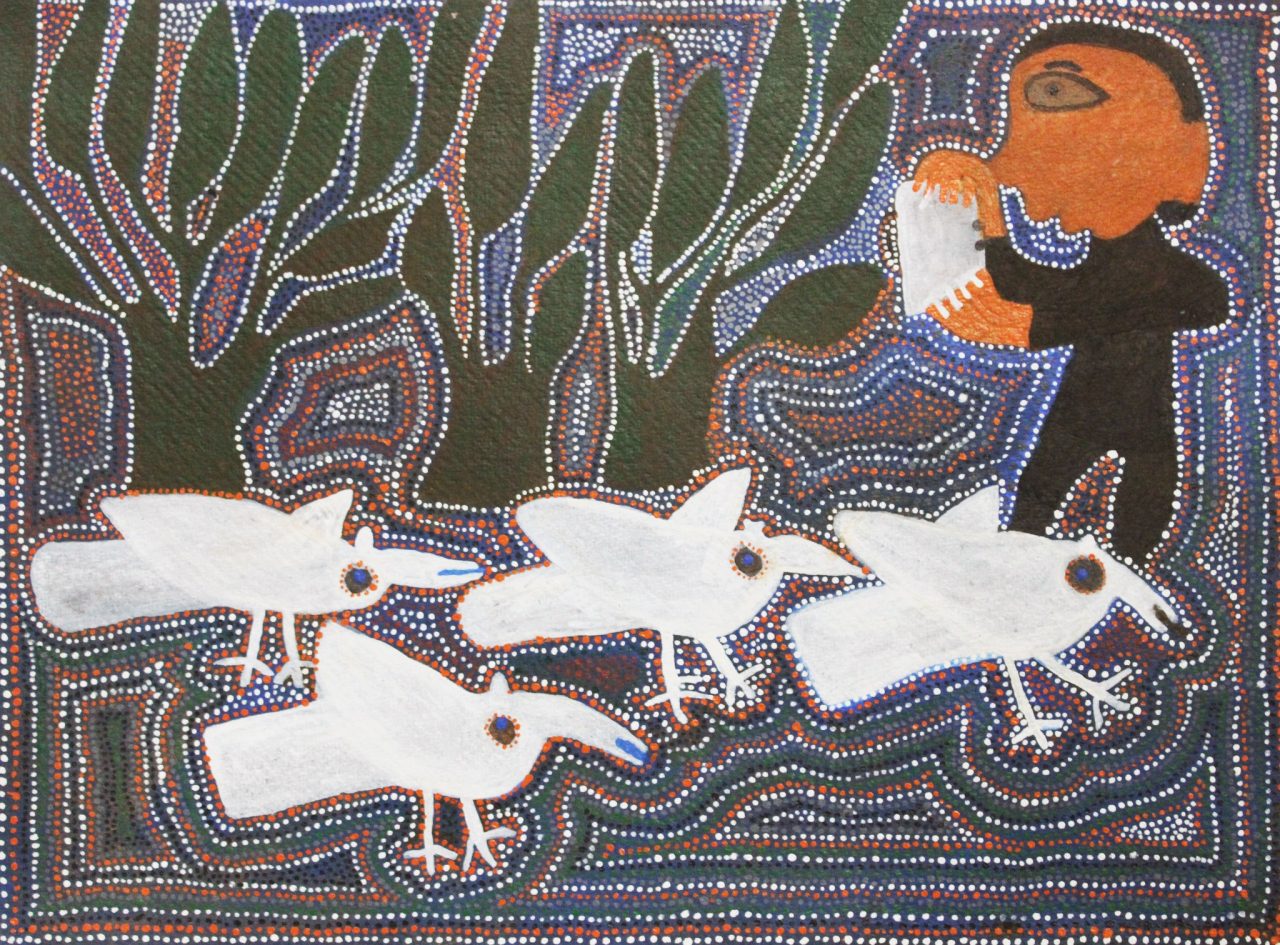
Join us for a lecture Nothing Primordial About It: The Political Ecology of Adivasi Art by Mumbai-based cultural theorist and curator Nancy Adajania. This event is presented by the Critical Image Forum and the Department of Art History, Visual Art and Theory, and the Surrey Art Gallery. Critical Image Forum is a collaboration between the Belkin and the Department of Art History, Visual Art and Theory at UBC.
All are welcome.
[more] -
Event
THURSDAY, 17 OCT 2024 AT 6:30 PM
Critical Image Forum: Book Launch with Siobhan Angus
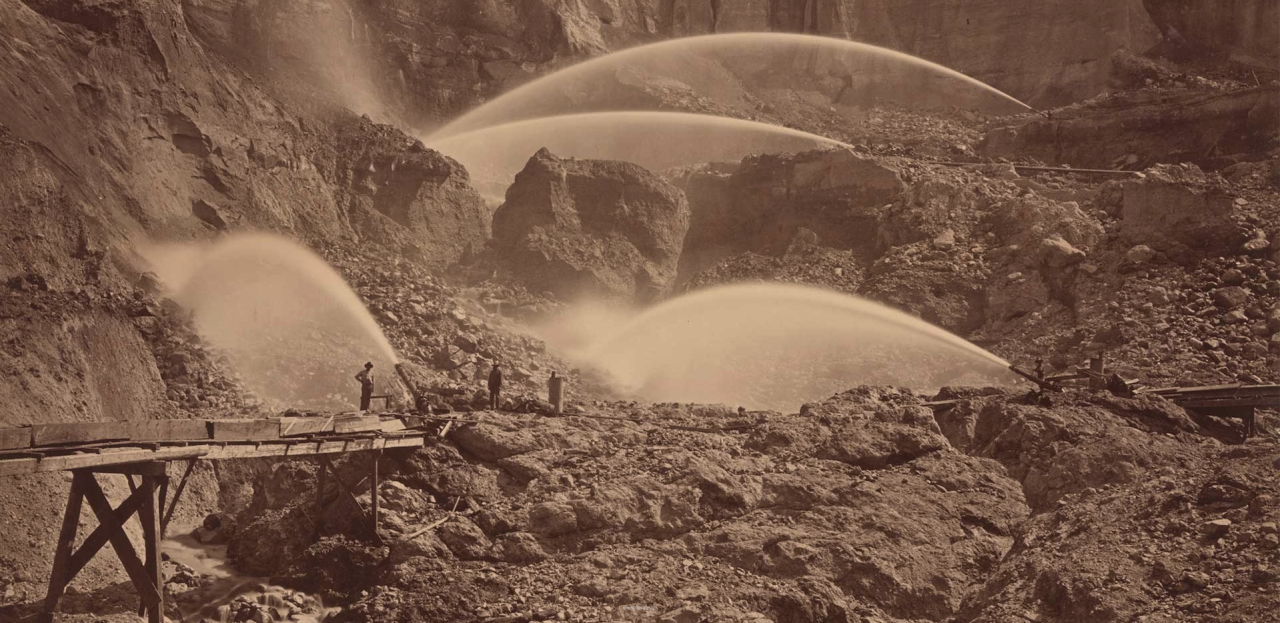
Camera Geologica: An Elemental History of Photography is a groundbreaking study of photography by art historian, curator, and organiser Siobhan Angus. Joining her is Kelly McCormick, whose recent research into photography’s relationship with exposing industrial pollution events in Japan, will frame a critical discussion on what we see – or what is obscured – when we look at photographs.
[more] -
Event
Wednesday and Thursday, 9 and 10 Mar 2022
Critical Image Forum: Artist Talk with Elizabeth M. Webb
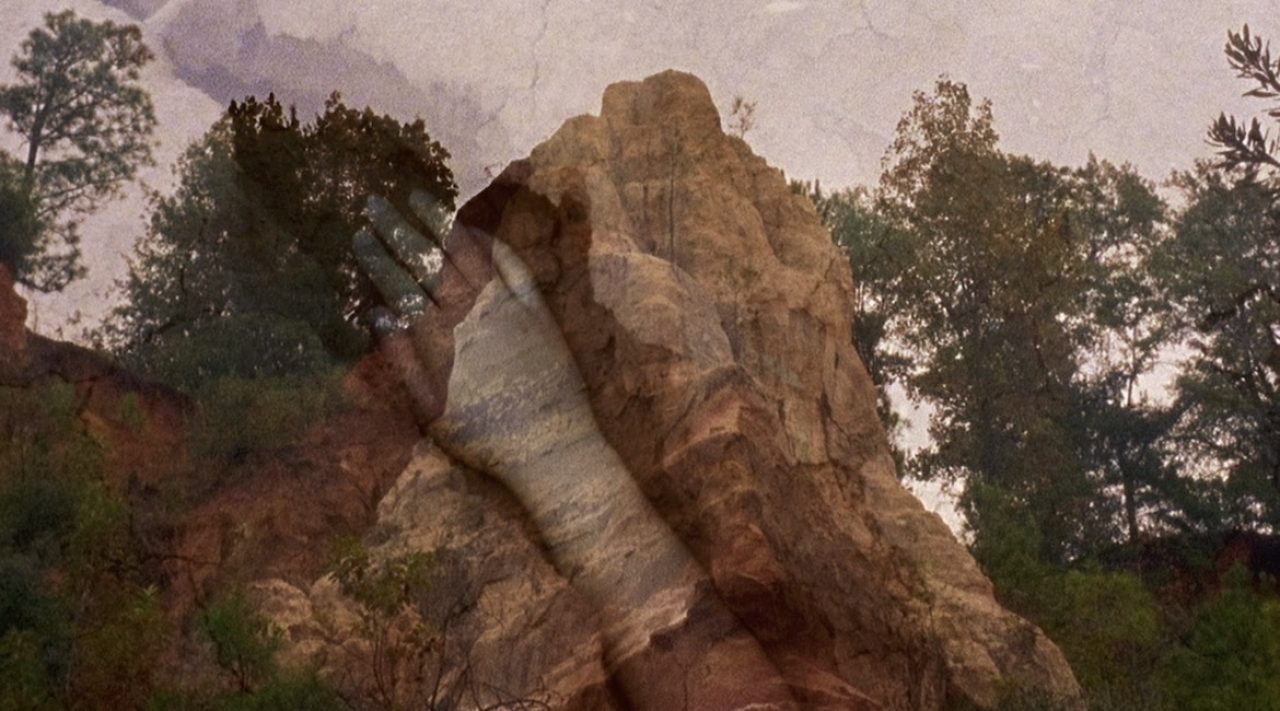
Join multimedia artist Elizabeth M. Webb for a talk and film screening; both events are free and open to the public, no registration is required. Masks and proof of vaccination are mandatory. Webb is an artist and filmmaker originally from Charlottesville, VA. Her work is invested in issues surrounding race and identity, often using the lens of her own family history of migration and racial passing to explore larger, systemic constructs. She has screened and exhibited in the US, United Kingdom, Canada, Japan, Ecuador, Singapore, Switzerland, Mexico, Spain, Austria, Norway and Germany and was a recipient of the inaugural Allan Sekula Social Documentary Award in 2014.
[more] -
Event
Wednesday 8 Feb 2023 at 5:30 pm
Critical Image Forum: A Conversation with Heather Igloliorte and Taqralik Partridge
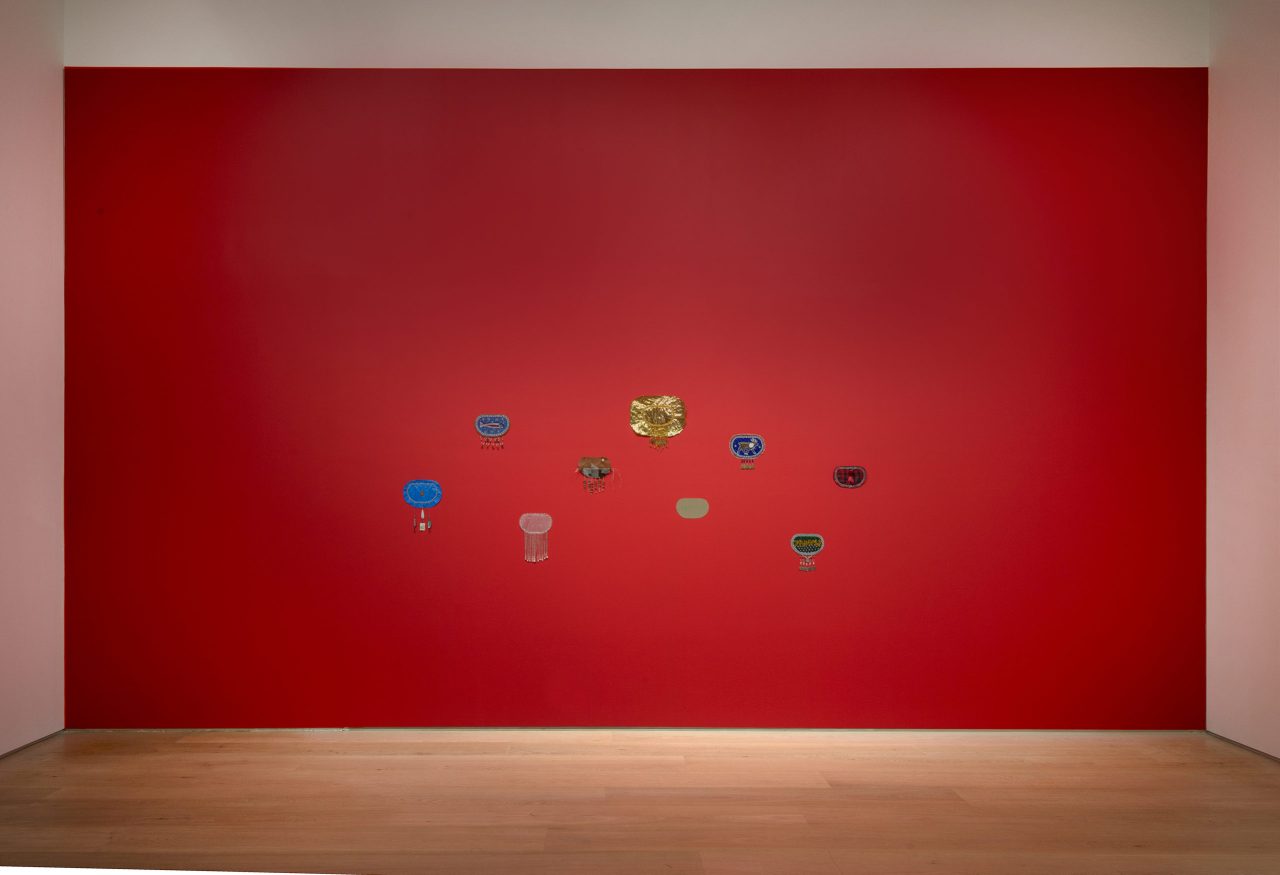
Please join us for a dialogue between Heather Igloliorte and Taqralik Partridge. The speakers will discuss their previous collaborations as well as broader issues in curating and producing contemporary Inuit Art in institutional and community contexts.
[more] -
Event
THURSDAY, 7 DEC 2023 AT 6 PM
Critical Image Forum: A Conversation with Hannah Darabi and Kelly McCormick at The Polygon
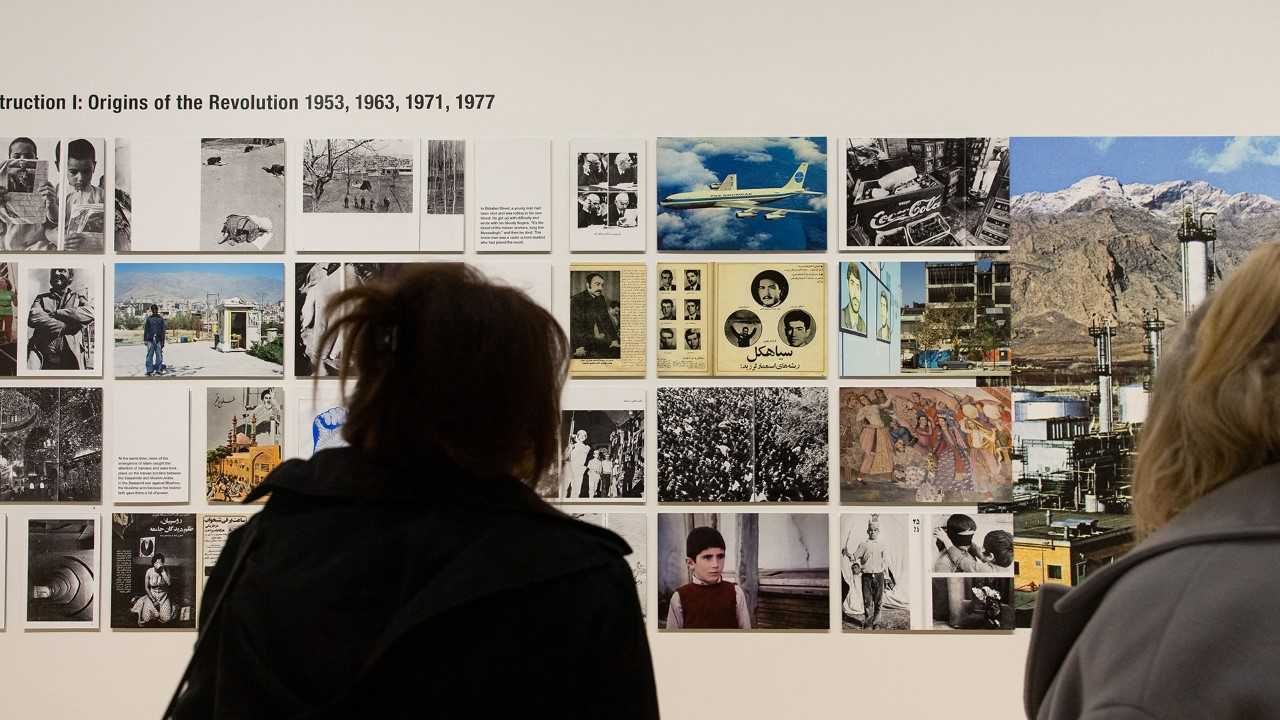
This conversation with From Slander's Brand exhibition artist Hannah Darabi and historian Kelly McCormick explores Darabi's critical project on the photo books published during the early years of the Iranian Revolution of 1979 recapturing the potential that revolutionaries and governments saw in photographs. Through Darabi's work we uncover the possibilities and limits of photographs as they are changed, manipulated, and turned into icons.
[more]
